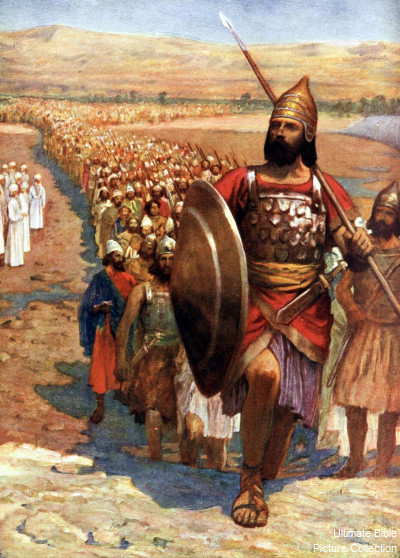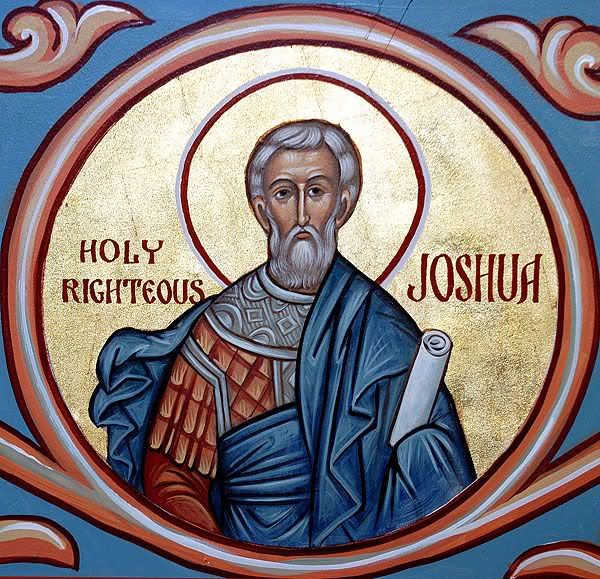Moses before the Burning Bush met the God of the Present Moment. Moses was caught up into Eternity. He met the God Who Is, Who Was, and Who Always Will Be.
Moses learned to live in the present moment by completely trusting in God. Once, he failed, by striking the rock three times, out of a lack of trust. For this sin, he was denied entrance into the Promised Land.
So, it is with us. Our Promised Land is heaven.
Years ago on this blog, I wrote about living in the present. This idea comes from two main authors, Brother Lawrence, about whom I wrote a few weeks ago, and the excellent book by Jean Pierre de Caussade, Abandonment to Divine Providence.
Without repeating myself too much, I can say that to live in the present moment is the true way of the Christian. To live in the past makes one fall into the sin of sentimentality, and to live in the future leads to the sin of presumption.
All we have is the now, and in this moment, we live in the Presence of God, or we remove ourselves from that presence by seriously sinning, and by living in sin.
This living in the Presence of God is totally our own decision. We can either live trying to manipulate our lives, our environment, our spouses, our families, our friends, our mates at work, or we can live in the Presence of God , with a freedom which leaves manipulation behind.
The reason I am revisiting this point is that in the past six months here in America, I have, perhaps, met more narcissists and deniers than I have in years past.
Narcissists attempt to manipulate everyone and all facets of their environment, because they are the center of their universe. Deniers, those who are caught up in self-deceit, also attempt to control their own lives, and those lives around them.
Such people live in disdain for others, totally lacking in love, and, frequently, living a life of anger.
Angry people seem to be those who have not given their lives to God, but want total control. Anger can bubble up out of craven fear, or pride, or both.
God demands that we live in the now. Why? Because He is ever-present. He is eternal and for Him there is no past and no future.
The closer one becomes to God, the better one is able to live in the present moment, trusting in His Divine Providence daily.
A friend of mine has a favorite phrase, "God is Large and in charge." That phrase pretty well sums up living in the present moment.
St. Teresa of Avila noted that those who do not trust in God insult Him.
God, please give me and all my readers the grace of trust in you, in Divine Providence, the grace of living in the present moment.
That is all we really have.
Years ago, my son said to me that he did not know anyone who lived more in the present moment than me. I was surprised that my son noticed this, as when I first discovered Brother Lawrence in the early 1970s and Caussade in th early 1980s, I attempted to learn this lesson of living in the now.
Cancer brought this home to me in 2009. All I had was the moment, as the past bodily harmony and unity was gone, and the future could have been death.
One treasures each moment when one faces death.
Let us all live in the present moment and rejoice in the life of this sacred time, which is the now.
Looking back over and over again is a symptom of gross pride, as one wants to play God and pretend one has not sinned. Looking constantly in the future is the avoidance of the present suffering which God offers one.
Let us not fall into sin either through pride, or through fear. Too many people honestly believe that they are in control of their lives. No, God is, from birth until death.
Let us all live in the Now, Which is God.
"I am Who am."



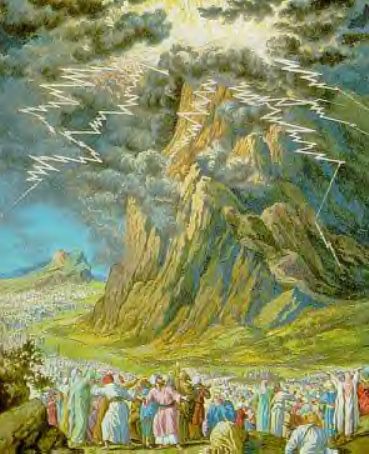

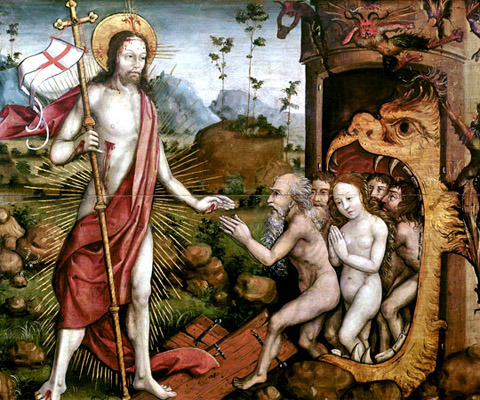
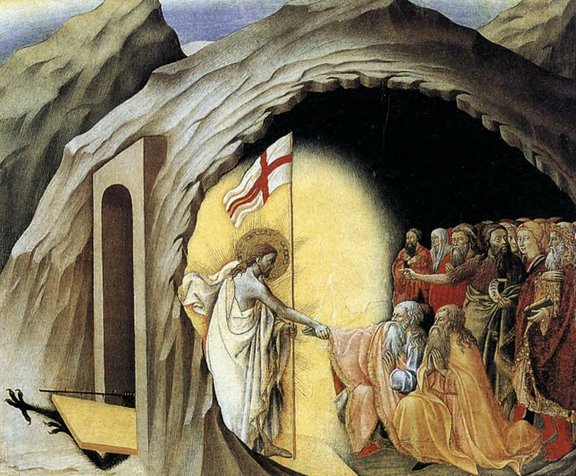


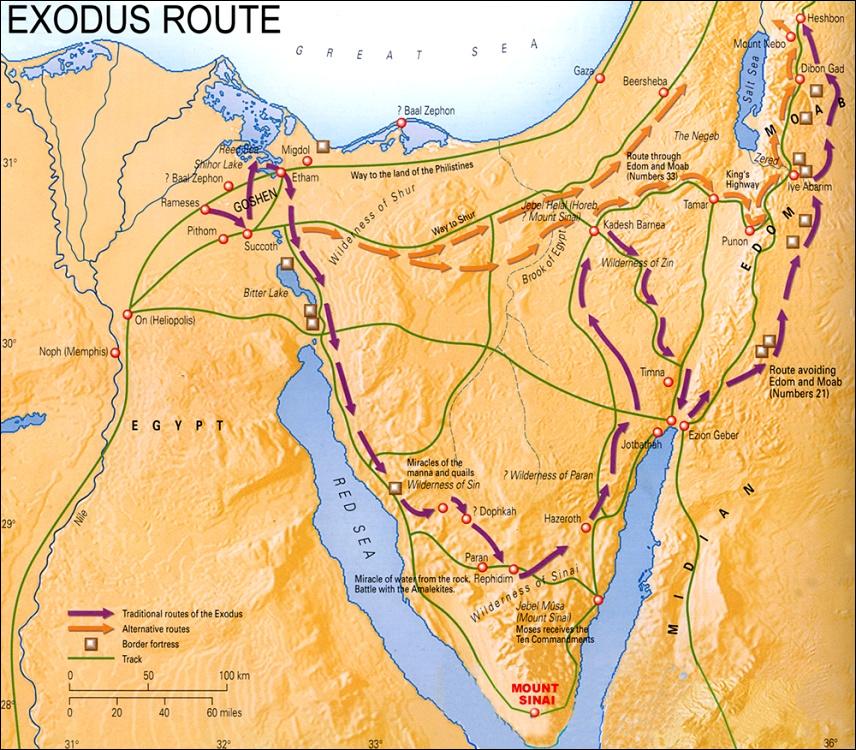
/images/scan0001.jpg)
